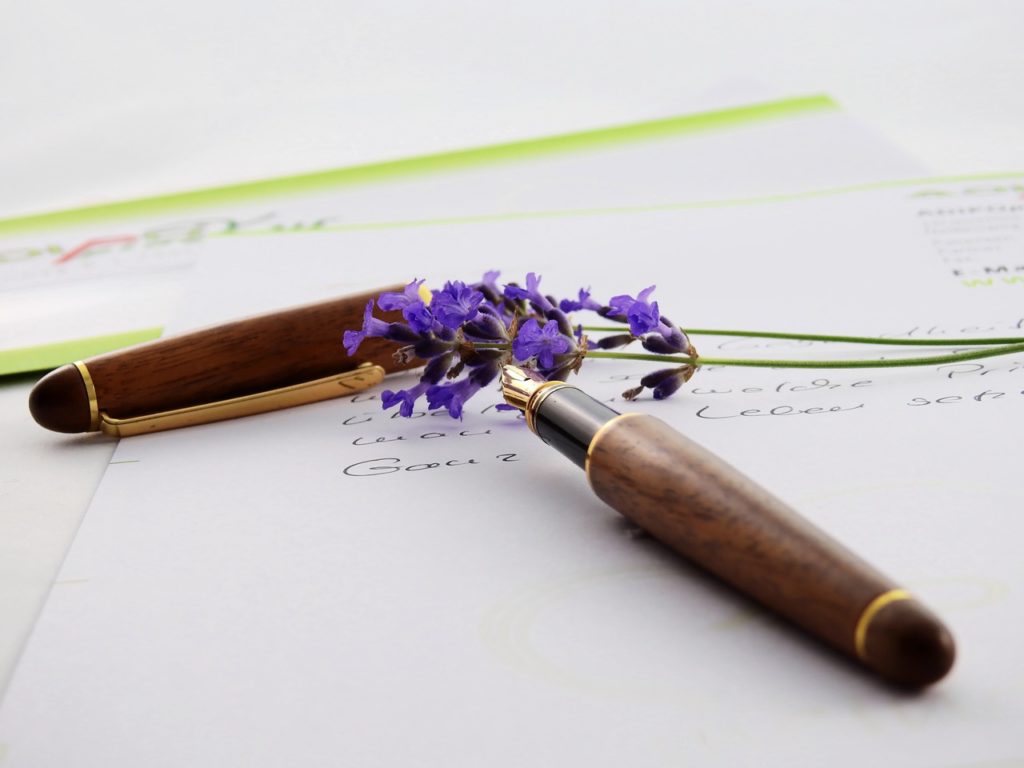
I think I’m in good company when I say I don’t like pain.
Both emotional and physical pain are hard to swallow.
I don’t think any of us can even say with accuracy which is worse. When you have one, it’s the worst, period.
And yet pain and stress are everywhere, dodge it as you may.
And we’re not to ignore pain.
That’s because pain points us to a host of problems we need to address. It’s a built-in warning light flashing before us so we can live a longer and fuller life.
Likewise, sitting with a friend in pain, aka empathy is definitely a great quality in a friend, family member or spouse.
How are you at dealing with pain?
And another question for all of us;
After our Eden beginnings, are we even equipped to handle pain?
I don’t know how you are when you have pain but I do know the answer to the second question.
And thankfully the answer is a resounding yes!
From birth, we have a fight or flight quality in our bodies that unfolds incredibly well under stress as you probably well know.
However, longitudinal studies on stress tell us that managing pain and anxiety with a positive attitude and gratitude also do wonders for our immunity.
In fact, in a Berkely U study done on gratitude, participants were asked to do one of two things; either talk about their early childhood memories or to write and deliver a letter of gratitude to someone who had impacted them positively.
Those who wrote and delivered the gratitude letter had statistically significant results; less stress, less depression, and more joy a month later as you can read here!
People instructed to go on a “gratitude visit” write a letter to a benefactor thanking them for the gift they received and read it to the benefactor in person. In Seligman et al. (2005), adults from an internet sample were instructed to write and deliver their gratitude letter within 1-week. Compared to those who wrote about their early childhood memories, those who went on the gratitude visit reported more happiness and less depression at the immediate post-test and 1 month follow-up. Indeed, of the other five positive psychology interventions tested in this study, the gratitude visit yielded the largest effect sizes.
Similar findings were found in a sample of children and adolescents from a parochial school (Froh, Kashdan et al., 2009; Froh, Yurkewicz et al., 2009). Students were randomly assigned to one of two conditions: the gratitude visit or writing about daily events. Findings indicated that youth low in positive affect in the gratitude condition, compared with youth in the control condition, reported greater gratitude and positive affect at post-treatment and greater positive affect at the 2-month follow-up. Thus, this study suggests that there may be specific individuals—such as those low in positive affect—who may benefit the most from gratitude interventions. (Seligman, 2005)
It’s so funny/wonderful when science learns what our faith has been trying to teach us for millennia! 🙂
And the bottom line is, we can’t control every circumstance, surely…
But we can control our attitude in circumstances.
And the first thing we can do is turn our shoulders to Him (or back to Him) and take a posture of gratefulness.
Even if it’s a rough go at the beginning such as….
I’m thankful for this cup of clean water…
I’m thankful for the warm bed I just climbed out of or will be climbing into…
I’m thankful for (my favorite treat)…
Also, if you’re really struggling, here’s some more coaching homework: Write and deliver that letter of gratitude and read it to someone! Not only you will be blessed as we learn above, but someone in your life will be as well!
I’ll start us out!
I’m grateful for you, someone who knows how tough life can be, but who yet decides that they are going to grow anyway, to keep sharing their vision and giftings with those around them, to keep drinking in God’s joy and to persevere in loving others well (even difficult others)! 🙂
Christa and the Reflections Staff

